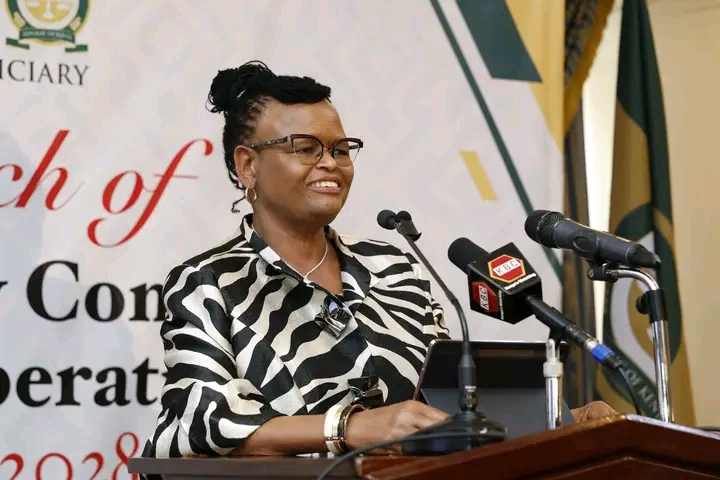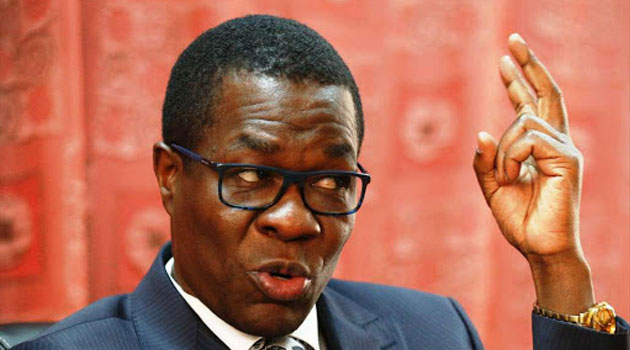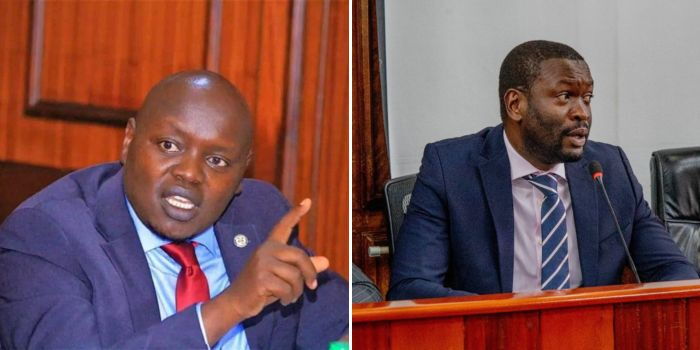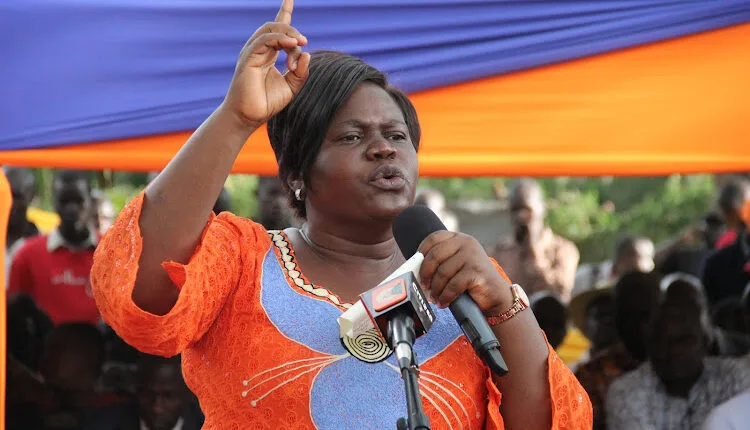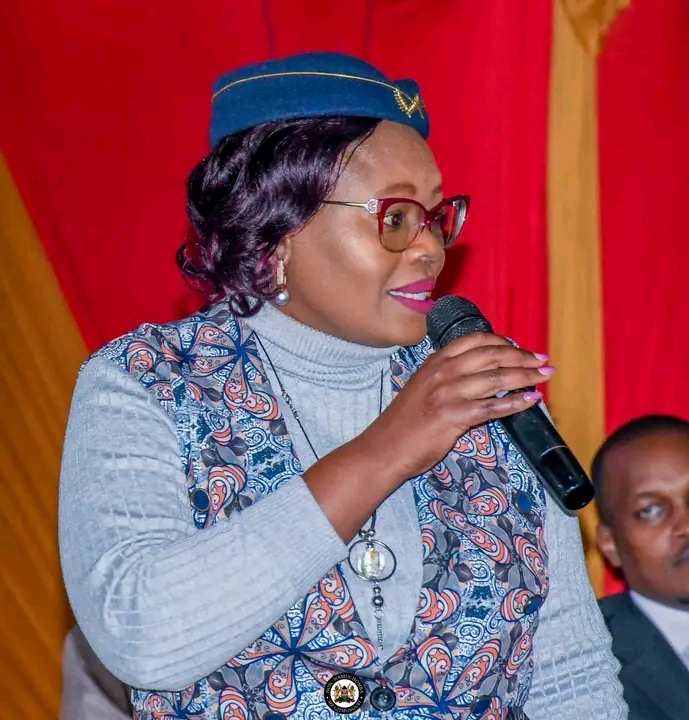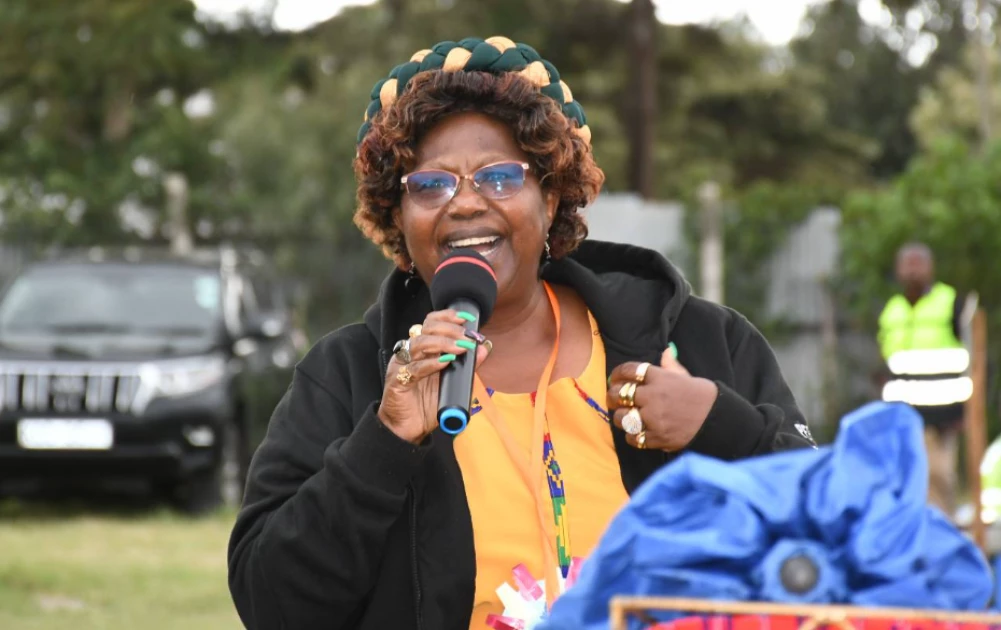Judiciary Lays Groundwork for 2027 Poll Dispute Resolution, Affirms Readiness and Reforms
The Judiciary has launched a detailed operational plan to guide fair and efficient resolution of disputes ahead of the 2027 General Election. Chief Justice Martha Koome reaffirmed the Judiciary’s readiness and called for collaboration among stakeholders. The plan emphasizes legal reforms, public trust, and institutional preparedness.
Road To 2027: CJ Martha Koome urges stakeholders to start preparations CJ urges Parliament to pass election laws in...
Posted by Citizen TV Kenya on Monday 21 July 2025
The Judiciary has reaffirmed its preparedness to oversee and resolve electoral disputes fairly, independently, and efficiently during the 2027 General Election, unveiling a comprehensive operational strategy to guide its efforts over the next three years. Speaking during the official launch of the Judiciary Committee on Elections (JCE) Operational Plan 2025–2028 at a Nairobi event on Monday, Chief Justice Martha Koome emphasized the critical role of the Judiciary in safeguarding Kenya’s democratic processes.
CJ Koome noted that the Judiciary is not only prepared to handle the upcoming Electoral Dispute Resolution (EDR) cycle but has also committed to approaching it with enhanced transparency and institutional efficiency. She described the JCE Operational Plan as a foundational roadmap that sets the stage for the Judiciary’s proactive engagement in electoral matters and a blueprint for upholding the integrity of the democratic process.
The Chief Justice underscored the importance of multi-sectoral collaboration, calling on stakeholders such as the Law Society of Kenya (LSK), the Independent Electoral and Boundaries Commission (IEBC), political players, and development partners to remain actively engaged with the Judiciary in the lead-up to 2027. She emphasized that electoral justice cannot be achieved by the courts alone but requires shared responsibility from all parties involved in the electoral cycle.
“Electoral justice is a shared responsibility. Only through sustained collaboration can we achieve a peaceful process that upholds the constitutional vision of free, fair, and credible elections,” said Koome. She also commended the JCE for addressing persistent challenges such as the need for timely reforms in electoral laws and continuous training for judges and judicial staff involved in electoral matters.
A key highlight of the plan includes deliberate public engagement strategies aimed at building confidence in the Judiciarys independence and combating disinformation that could undermine trust in the judicial process. CJ Koome praised these initiatives, saying they reflect a Judiciary that is not reactive but forward-thinking and committed to institutional excellence.
The event also marked a leadership transition within the JCE, as Justice Njoki Ndung’u officially took over as the new chairperson from Supreme Court Judge Mohammed Ibrahim. CJ Koome welcomed the leadership change, describing it as a blend of continuity and renewal, crucial for advancing the Judiciary’s evolving role in electoral matters.
Outgoing chair Justice Ibrahim reflected on the achievements of the JCE under his tenure, noting that the new operational plan sets out clear priorities and actionable programmes to guide the Judiciary’s electoral mandate in the years ahead. He added that the Judiciary is determined to ensure timely, impartial, and well-coordinated handling of electoral disputes to maintain national stability.
On her part, Justice Ndung’u emphasized the need for Parliament to enact any required electoral law amendments well before the election period. She warned that late-stage legal changes often disrupt preparations and compromise institutional readiness, which can hinder effective dispute resolution.
Chief Registrar of the Judiciary, Winfridah Mokaya, echoed similar sentiments, stating that the Judiciary has embraced a more anticipatory role rather than waiting to react to problems as they arise. “The Plan reflects a Judiciary that is deliberately planning, innovating, and investing in institutional excellence. We are not only dispute arbiters but also guarantors of electoral credibility,” Mokaya noted.
With the launch of the Operational Plan, the Judiciary has officially commenced its preparations for the 2027 electoral dispute resolution process, positioning itself as a cornerstone in the pursuit of peaceful, transparent, and credible elections. The plan is expected to foster public confidence, encourage legal reforms, and support collaborative mechanisms that safeguard Kenya’s democratic gains.


